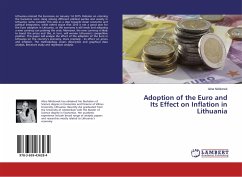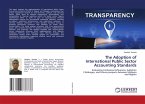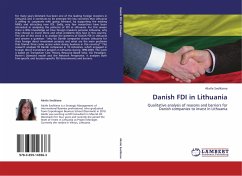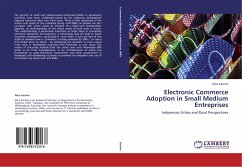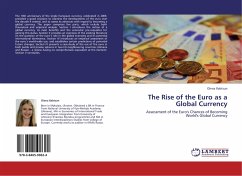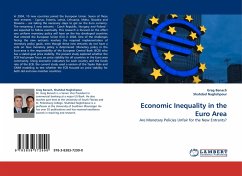Lithuania entered the Eurozone on January 1st 2015. Debates on entering the Eurozone were rising among different political parties and society in Lithuania: some consider this step as a step towards closer economic and political integration, while others argue that 2015 is not a good year for the Euro adoption in Lithuania, as the economy is still weak and adopting a new currency can prolong the crisis. Moreover, the new currency is likely to boost the prices and this, in turn, will worsen Lithuania's competitive position. This paper will analyse the effect of the adoption of the Euro in Lithuania on the country's economy, more precisely - its effect on prices and inflation. The methodology covers descriptive and graphical data analysis, literature study and regression analysis.
Bitte wählen Sie Ihr Anliegen aus.
Rechnungen
Retourenschein anfordern
Bestellstatus
Storno

